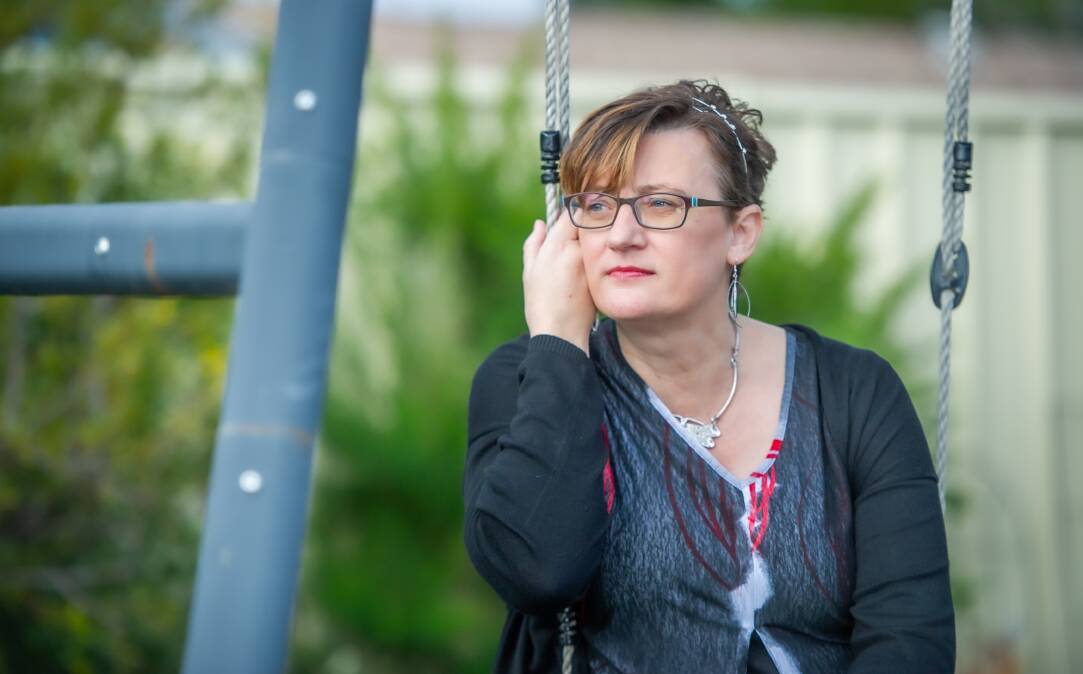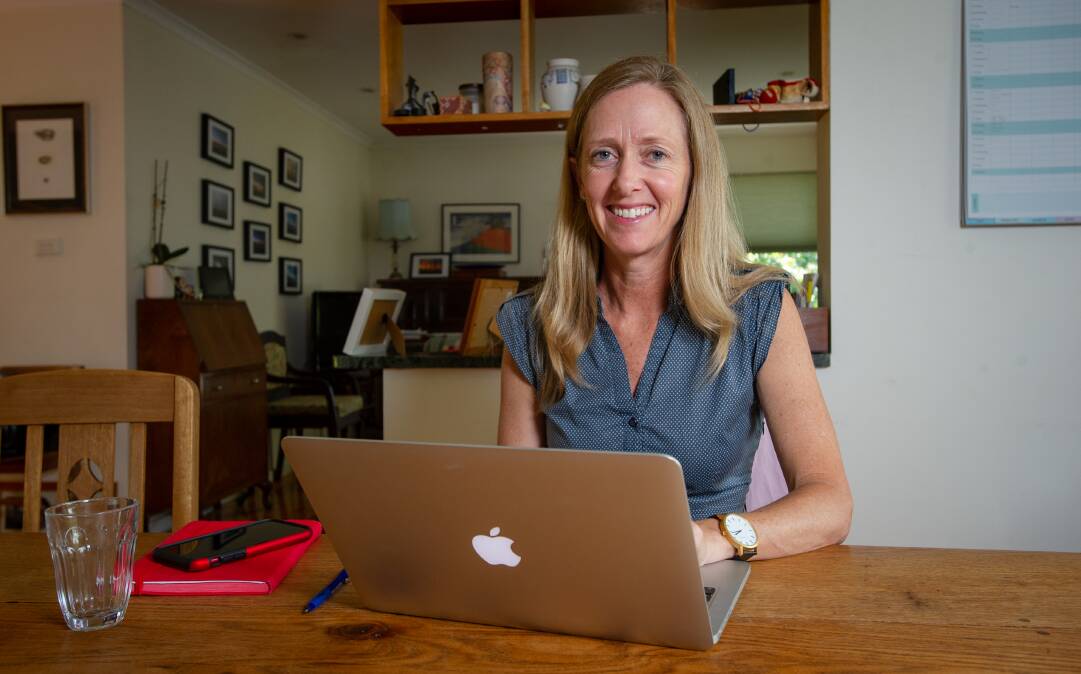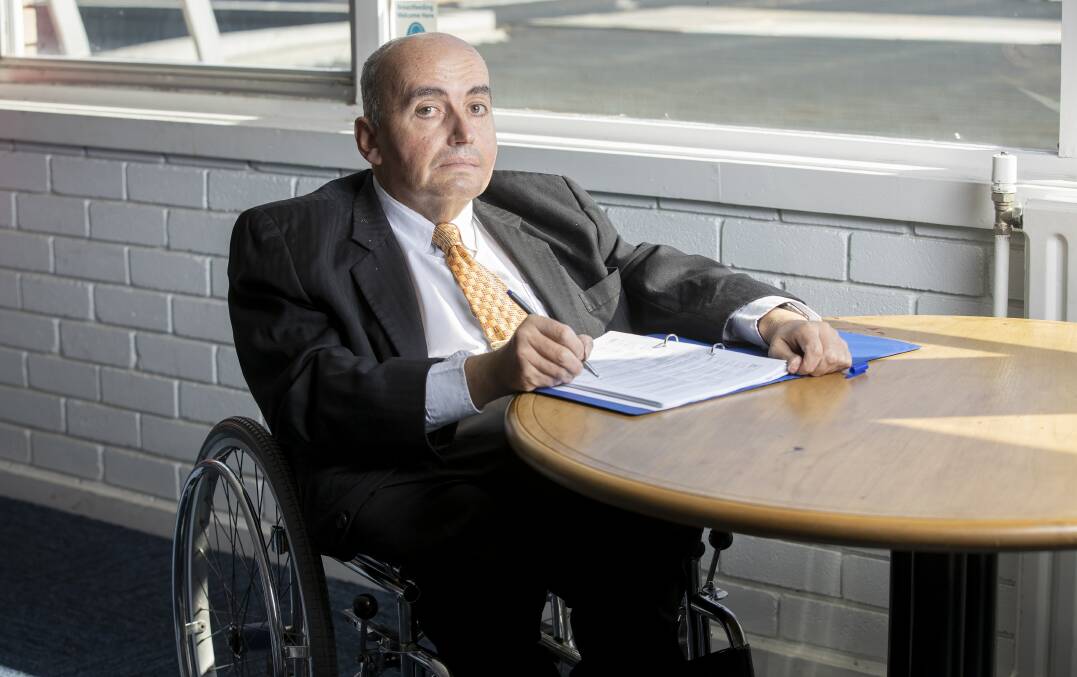
Students with a disability are overrepresented in suspensions given out by ACT public schools as advocates warned the punitive measures were pushing students down a path of disadvantage.
New data revealed through freedom of information shows about 65 per cent of suspensions went to students with a disability, despite an average of 3.5 per cent of students being enrolled in disability programs.
In 2020, a total of 1677 suspensions were given to 702 students with a disability. Of these students, 137 also identified as First Nations.
Meanwhile, 910 suspensions were given to 635 students who did not have a disability.
The vast majority of students suspended were boys. Students with a social disability were most frequently suspended, followed by those with a cognitive disability.
The total number of suspensions handed out in ACT public schools peaked in 2019 at a total of 3085, falling to 2587 in 2020 and 1970 in 2021.
A breakdown of suspensions given to students with and without a disability between 2015 and 2020 was submitted to the royal commission into violence, abuse, neglect and exploitation of people with a disability. Data from 2021 and non-government schools was not included in the submission.
Escalation of suspensions
Jen Maskell knows first-hand the negative impact of school suspensions on her two sons, who both have disabilities.
They both received their first suspensions in the same week in 2019, setting off an escalation of suspensions.
Mrs Maskell said she generally would get a call after an incident involving her child asking to come to the school.
"There's no negotiation. We're expected to drop everything and come and collect our child," she said.
"It actually shuts down that ability to work with school and that ability to work together to solve the problem."
Mrs Maskell said teachers were not getting the right kind of support on how to de-escalate situations and were often given advice that would unwittingly escalate situations.
Her youngest son did not cope well with the re-entry to school after periods of suspension and felt completely rejected by his peers and teachers.
"It was very clear he was very upset. His whole routine was turned upside down," Mrs Maskell said.
"And when we got back to school there had in fact not been any planning for him. They'd only been planning on how staff could exclude him further."

Imagine More executive director Jan Kruger said many children were also suspended informally, with their parents called to collect students almost daily in some cases, so the actual number of suspensions could be much higher.
"I think what we might find is that the numbers are quite alarming," Mrs Kruger said.
"It seems to be a very reactive approach, rather than really trying to understand [the child]. We know of cases where executives have made the decision to suspend a student but the teacher isn't not in agreement with it."
She said suspension of children in mainstream school settings often led to them being moved to segregated settings and led to negative consequences for the student.
"I think it's quite devastating. It's extremely wounding, not just for the student but the family. And the negative life experience of rejection is constant," Mrs Kruger said.
"Often the child is thrown into that negative role of being seen as a menace but there's not an intentional approach from schools to help that student take up valued roles in their school environment."
Mrs Kruger said some of the individual learning plans and positive behaviour support plans she had seen required students to do the changing, rather than adjusting the environment and interactions with staff.

Advocacy for Inclusion head of policy Craig Wallace said schools lacked skills and resources to properly support students with disabilities.
"Often the use of suspension or detention is overused as a behaviour management tool where in fact what the student needs is some disability supports delivered in an appropriate way," Mr Wallace said.
Mr Wallace said the royal commission had found too many students with a disability ended up on a smooth pathway into unemployment, life on a disability pension or into underpayment in a segregated workplace.
"There's also a link between some of the issues that we're seeing in schools and the lack of good behaviour management support and potentially people winding up in the criminal justice system down the track.
"We're not setting people with disabilities and students with disabilities up well to be included socially and economically."
Last resort
ACT Education Minister Yvette Berry said recent legislation had sought to clarify the use of suspensions.
"The safety of students and staff is the priority for all our schools. I understand suspensions are disruptive for students, families and schools," Ms Berry said.
"That's why we've recently passed legislation that clarifies suspensions should only be used to keep schools as a safe learning environment.
"The legislation improves safeguards, including requiring schools to exhaust all reasonable alternatives before suspending a student."
The principal must involve the parents and student in the decision to suspend the student by giving them written notice on the reasons for suspension and giving them a chance to have their views heard.
However, the legislation gives the principal the power to suspend a student verbally and give written notice later if there is an immediate risk to others, including if the student was physically violent.
An ACT Education Directorate spokesperson said the overall number of suspensions had declined since 2019 amid rising enrolments.
They said public schools were required to make reasonable adjustments for students with disabilities and that staff had access to extensive professional learning about inclusive education.
"More targeted assistance for schools is available through the directorate's inclusion coaches, targeted support and occupational violence teams and the Allied Health Service, which comprises school psychologists, occupational therapists, speech language pathologists, physiotherapists and allied health assistants," the spokesperson said.
"Funding is also available to improve accessibility and sensory spaces within schools for the benefit of all students."
Advocacy for Inclusion made a budget submission calling for the ACT government to increase the disability loading for students and to update the school campuses, curriculum and policies to ensure they were accessible.
Mrs Kruger said the existing funding needed to be used more effectively and the relationship between the schools and families needed to be improved, saying: "There's a very skewed power imbalance there where it should be ... solution-focused. Let's work with the family and the student and the school all together."
We've made it a whole lot easier for you to have your say. Our new comment platform requires only one log-in to access articles and to join the discussion on The Canberra Times website. Find out how to register so you can enjoy civil, friendly and engaging discussions. See our moderation policy here.







